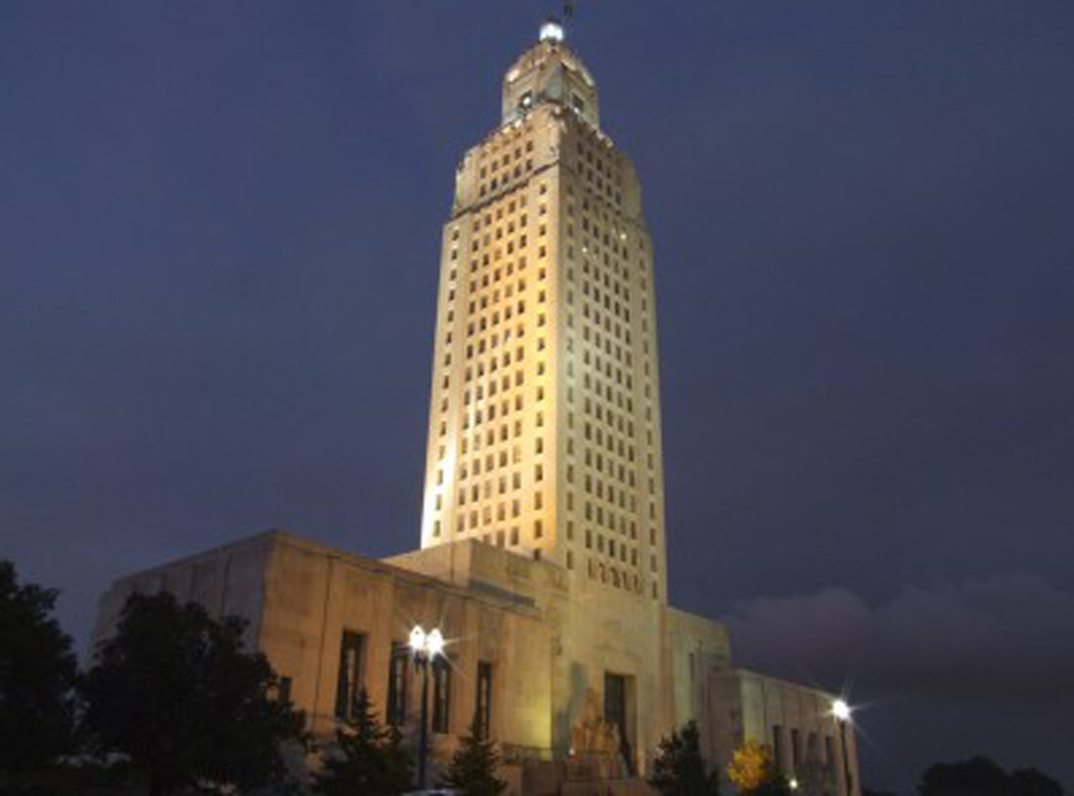176
BATON ROUGE — At least $8 million in pay raises have been granted to thousands of state workers across Louisiana government agencies this budget year, despite the worst financial gaps the state has seen since 1988.
The cost of those raises will gr
Thousands of state workers get raises despite budget gaps
previous post



